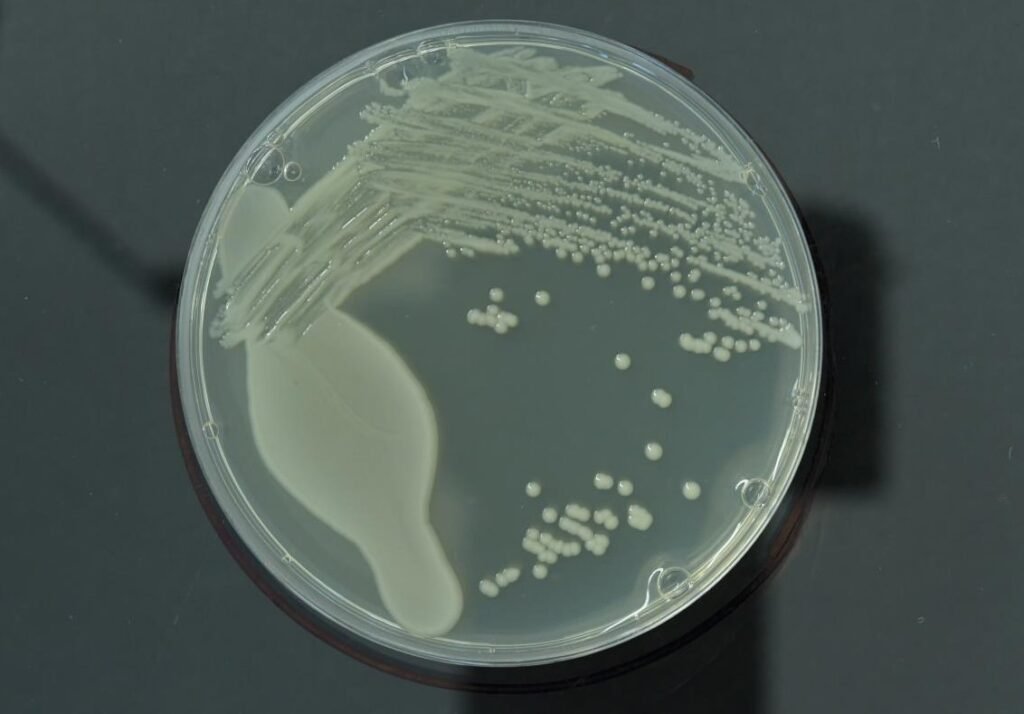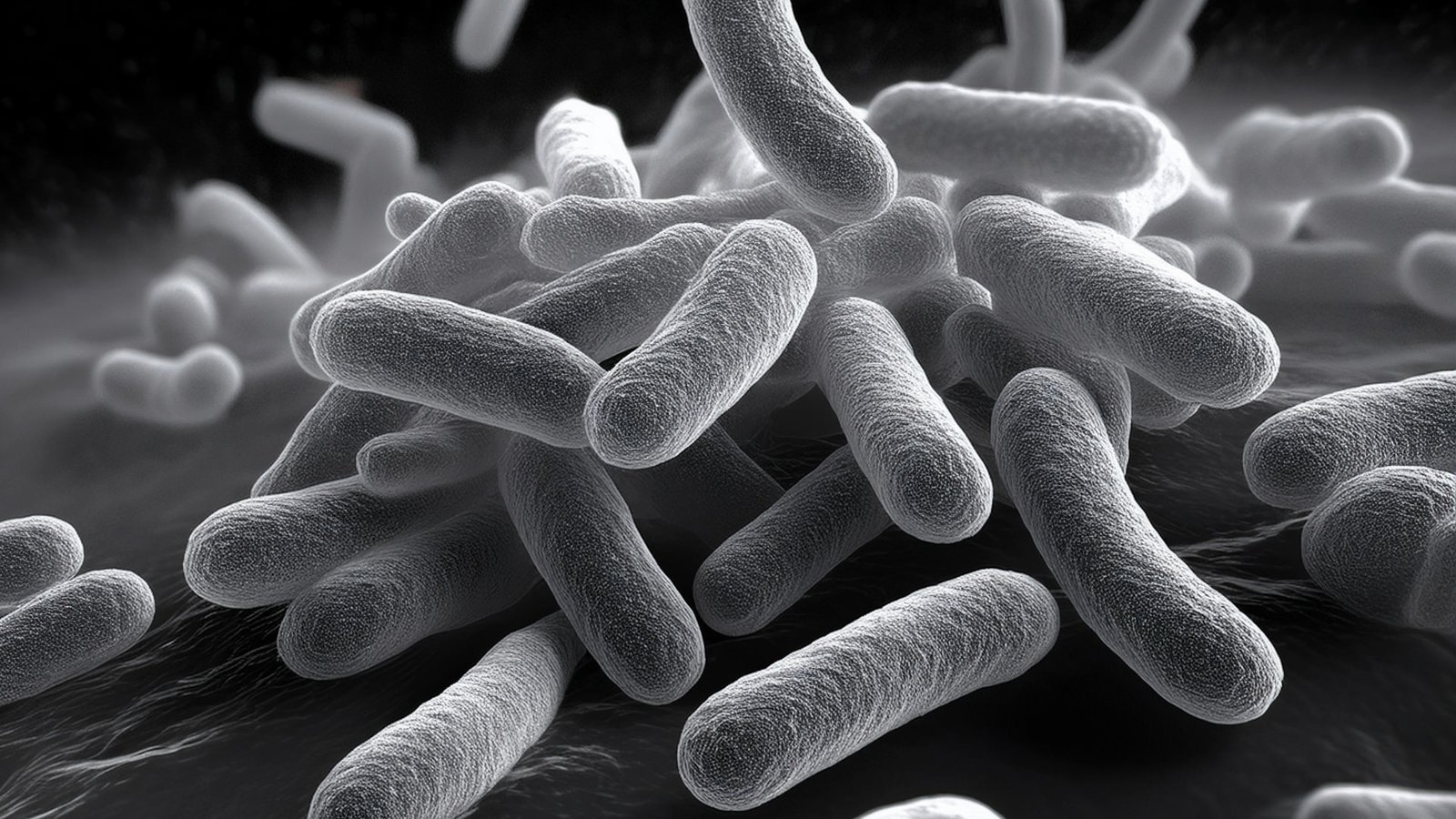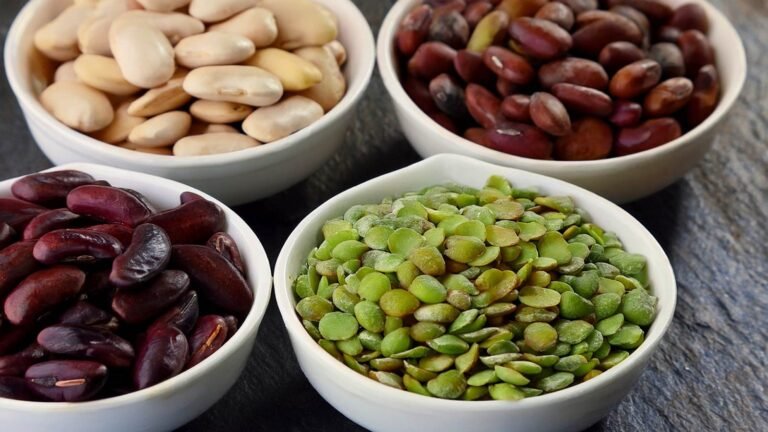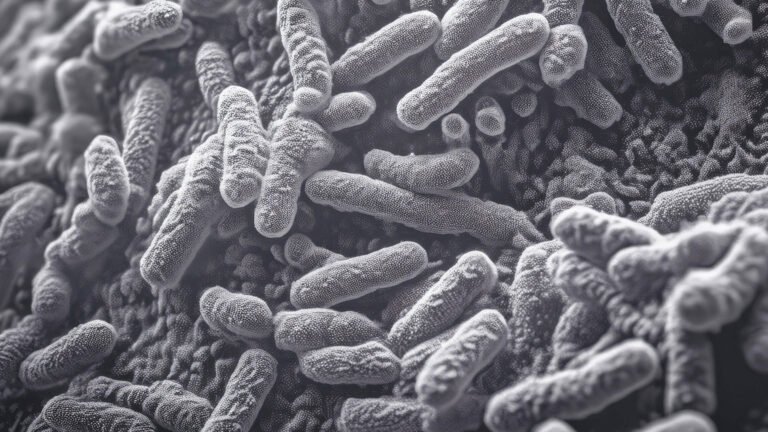Farmers today need smart tools to grow strong crops without harming the environment. One of these tools is a helpful bacterium called Paenarthrobacter nicotinovorans. It plays a unique role in supporting plant nutrition, especially when used as a foliar spray.
What if you could turn your plant leaves into mini nitrogen factories?
With Paenarthrobacter nicotinovorans, that’s exactly what happens. This natural bacterium fixes nitrogen where your crops need it most – on the leaf surface.
It doesn’t fight your fertiliser routine; it makes it work harder, cutting waste and boosting results.
As part of the BactoRol Nitrogen formula, it brings together science and sustainability, making it easier than ever to farm smarter, not harder.
Unlike most nitrogen-fixing bacteria that work in the soil, P. nicotinovorans works on the leaves. It helps plants use nitrogen more effectively, boosts growth, and supports better fertiliser performance. Instead of replacing artificial fertilisers, it works alongside them, helping farmers get more value from what they already use.
In this post, we’ll explain how P. nicotinovorans works, why it’s different, and how it fits into modern farming systems. If you’re looking for a way to improve nitrogen use without major changes, this bacterium might be the solution.
1. What is Paenarthrobacter nicotinovorans?
Paenarthrobacter nicotinovorans is a nitrogen-fixing bacterium that naturally lives in soil and plant environments. Originally classified under the genus Arthrobacter, it was later moved to the Paenarthrobacter group based on new genetic research. Despite the name change, both refer to the same bacterium in scientific literature.
What makes P. nicotinovorans stand out is how it supports plant nutrition. Most nitrogen-fixing bacteria live in the root zone. In contrast, Paenarthrobacter nicotinovorans works on the leaves when applied as a foliar spray. It captures nitrogen from the air and helps turn it into forms that plants can use.
Moreover, this bacterium survives in various conditions. It can tolerate moderate drought and pH changes, which makes it a reliable ally in changing climates.
So, whether you’re managing high-input systems or looking to reduce synthetic fertiliser use over time, Paenarthrobacter nicotinovorans can help bridge the gap between traditional and sustainable farming.
Key Facts
Fixes nitrogen directly on plant leaves when applied as a foliar spray
Boosts root growth and nutrient uptake
Produces plant hormones like auxins and cytokinins
Works with fertiliser, not against it
Enhances plant health and resistance to stress
Helps lower fertiliser use over time
Safe for soil, crops, animals, and people
2. How Does Paenarthrobacter nicotinovorans Fix Nitrogen on Leaves?
Unlike most nitrogen-fixing bacteria that work in the soil, P. nicotinovorans operates directly on the surface of plant leaves. This is possible thanks to its ability to thrive in the phyllosphere, the microbial habitat on leaf surfaces.
When applied as a foliar spray, Paenarthrobacter nicotinovorans colonises the leaf and begins capturing nitrogen from the air. It then converts this atmospheric nitrogen (N₂) into ammonium (NH₄⁺), a form that plants can absorb and use for growth. This process is called biological nitrogen fixation and works even when soil conditions aren’t ideal.
In practical terms, the bacteria support plants by:
- Providing a direct nitrogen source through the leaves, improving growth even in low-fertility soils.
- Reducing the crop’s reliance on root-based nitrogen uptake.
- Complementing soil fertilisers to ensure consistent nitrogen availability throughout the season.
Moreover, studies show that foliar nitrogen-fixers like Paenarthrobacter nicotinovorans can enhance photosynthetic efficiency and leaf health. This leads to greener foliage, better resilience, and increased biomass.
BactoTech’s foliar formula, which contains P. nicotinovorans, is designed to be used alongside artificial fertilisers, not as a replacement. This integrated approach helps farmers reduce total fertiliser input over time while keeping yields steady.
3. What Makes Paenarthrobacter nicotinovorans Unique Among Nitrogen-Fixing Microbes?
Many nitrogen-fixing bacteria work in the root zone. In contrast, P. nicotinovorans stands out because it works above ground, directly on plant leaves. This sets it apart from common soil-based nitrogen-fixers like Azotobacter or Rhizobium.
Another unique feature is its adaptability to stress. Unlike some bacteria that only function in ideal conditions, P. nicotinovorans remains active across a range of temperatures and humidity levels. That means farmers can apply it more flexibly, even during unpredictable weather.
In addition, P. nicotinovorans is:
- Safe and non-pathogenic – It doesn’t harm plants, animals, or people. Studies confirm it is non-toxic and eco-friendly.
- Efficient in low-nitrogen conditions – It performs well even when soil nitrogen is depleted.
- Capable of fixing nitrogen without a host – Unlike Rhizobium, it doesn’t need to form root nodules to work.
Thanks to these advantages, P. nicotinovorans offers farmers a reliable, science-backed way to enhance nitrogen availability without over-relying on synthetic fertilisers.

4. Benefits of Foliar Nitrogen Fixation for Farmers
Foliar nitrogen fixation gives farmers a smart and flexible tool. By applying Paenarthrobacter nicotinovorans directly onto leaves, growers can boost nitrogen levels exactly where plants need them most, in the foliage.
This method brings several key advantages:
- Precision: The spray delivers nitrogen to the leaf surface, supporting photosynthesis and plant energy production.
- Faster results: Because the nitrogen is absorbed through the leaves, plants respond more quickly than with soil-only applications.
- Stress support: In dry or compacted soils where root uptake suffers, foliar sprays ensure plants still get enough nitrogen.
- Lower fertiliser bills: Used alongside synthetic fertilisers, this microbe can reduce total nitrogen needs without sacrificing yield.
- Sustainable approach: Farmers can apply less chemical nitrogen, reducing runoff and protecting local waterways.
In short, foliar nitrogen fixation supports healthy plants while helping farmers cut costs and environmental risks. When used as a supplement, not a replacement, it offers the best of both worlds, improved plant nutrition and smarter fertiliser use.
5. Nitrogen Fixation & More – Backed by Science
Paenarthrobacter nicotinovorans doesn’t just live in the soil, it works hard for your crops. One of its most important jobs is fixing nitrogen. That means it takes nitrogen from the air and turns it into a form plants can use to grow.
But that’s not all.
Some strains, like Paenarthrobacter nicotinovorans JI39, do even more:
- They help plants grow faster, making shoots up to 64.6% longer in just 15 days.
- They boost root mass, with 24.7% more weight after 150 days in the field .
- They also release phosphorus (164 µg/ml) and potassium (16 µg/ml) into the soil, key nutrients that improve plant health and yields .
- And they produce IAA, a natural plant hormone that stimulates root development .
💡 These findings are not just theories, they come from well-documented research using field-grown crops like ginseng. For example:
This means Paenarthrobacter nicotinovorans isn’t just helpful, it’s a scientifically proven bio-helper for crops that need a growth and nutrient boost.
👉 And when applied via foliar spray, like in our BactoTech product, this microbe delivers its benefits directly to the plant, working above and below ground.
5. Field-Proven Impact: Real Farm Benefits
Paenarthrobacter nicotinovorans (formerly Arthrobacter nicotinovorans strain JI39) has shown impressive plant‑growth effects under both pot and field conditions:
- Boosted seedling vigour and root growth
- When ginseng seeds were treated with 3×10⁸ CFU/ml of strain JI39, shoots grew 64.6 % longer by day 15 compared with control plants sciencedirect.com+15frontiersin.org+15pmc.ncbi.nlm.nih.gov+15.
- The treatment also triggered the development of lateral roots, giving plants stronger root systems korseaj.org.
- Higher crop biomass and yield
- In a two-year field trial, 10⁸ CFU/ml JI39-treated ginseng roots weighed 24.7 % more on average than untreated roots en.wikipedia.org+15frontiersin.org+15pubmed.ncbi.nlm.nih.gov+15.
- Enhanced nutrient cycling
- The bacterium not only fixed nitrogen but also solubilised phosphorus (164 µg/ml) and potassium (16 µg/ml). It produced 13.1 µg/ml of IAA (a root-stimulating hormone) pubmed.ncbi.nlm.nih.govouci.dntb.gov.ua+8frontiersin.org+8researchgate.net+8.
- It boosted soil enzymes: urease, phosphatase, invertase, and catalase—all vital for nutrient turnover frontiersin.org+3pubmed.ncbi.nlm.nih.gov+3ouci.dntb.gov.ua+3.
- Improved plant defences
- JI39 increased expression of plant defence enzymes—PAL, chitinase, glucanase, peroxidase, and superoxide dismutase—helping ginseng resist environmental stress frontiersin.org+6pubmed.ncbi.nlm.nih.gov+6sciencedirect.com+6frontiersin.org+14frontiersin.org+14ouci.dntb.gov.ua+14.
This evidence shows P. nicotinovorans delivers measurable advantage in early growth stages, nutrient efficiency, soil activity, and crop yields, especially under stress.
6. Why Agronomists and Soil Experts Are Paying Attention
Even without direct client quotes, this section can still build trust and authority by focusing on:
Scientific Validation
Researchers consistently highlight Paenarthrobacter nicotinovorans as a promising bioinoculant. Its proven role in nitrogen fixation, hormone production, and phosphorus solubilisation makes it a valuable tool for modern soil management strategies .
Compatibility with Fertiliser Programs
Unlike many biofertilisers, P. nicotinovorans can be added to existing fertiliser regimes. It doesn’t replace synthetic nitrogen, it complements it. Farmers can reduce input costs over time while improving plant health and soil fertility.
Appeal to Sustainable Farming Standards
With the shift toward regenerative and low-input agriculture, agronomists and soil consultants are looking for natural tools that support long-term soil health. P. nicotinovorans fits this perfectly, especially as demand grows for proven, natural biostimulants.
Used in Cutting-Edge Formulations
It’s already a key ingredient in some foliar spray blends like BactoRol Nitrogen, a dual-microbe formulation combining Paenarthrobacter nicotinovorans with Bacillus subtilis. This synergy enhances nutrient uptake and offers multi-pathway nitrogen support on the leaf surface, where it matters most.
Summary
Paenarthrobacter nicotinovorans is a smart addition to today’s farming toolbox. This nitrogen-fixing bacterium works best when applied as a foliar spray, where it helps convert atmospheric nitrogen into a usable form, directly on the leaves. It doesn’t replace artificial fertiliser, but it adds value by improving nitrogen efficiency, boosting root growth, and improving plant health.
Thanks to its ability to work in harmony with chemical inputs, P. nicotinovorans fits right into real-world farm systems. It’s already being used in next-gen products like BactoRol Nitrogen, which pairs it with Bacillus subtilis for even better crop performance.
Whether you’re growing cereals, vegetables, or energy crops, this microbe helps you get more from every hectare, naturally and safely.
Start with Biology
If you’re looking to increase yields, cut fertiliser waste, or simply make your farming more sustainable, start with biology.
👉 Learn more about BactoTech Products and how Paenarthrobacter nicotinovorans can work for your crops.
📩 Or get in touch to discuss a tailored microbial plan for your soil and foliar strategy.
Let’s grow smarter – together.







